Selma March Leaders Awarded Congressional Gold Medal Lament Voting Rights Losses
Civil rights leaders from the 1960s were awarded one of the highest civilian honors Wednesday by some of the same congressional leaders who failed to pass a renewed Voting Rights Act after the Supreme Court in 2013 struck down crucial provisions in the 1965 legislation.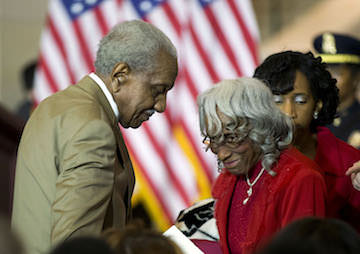
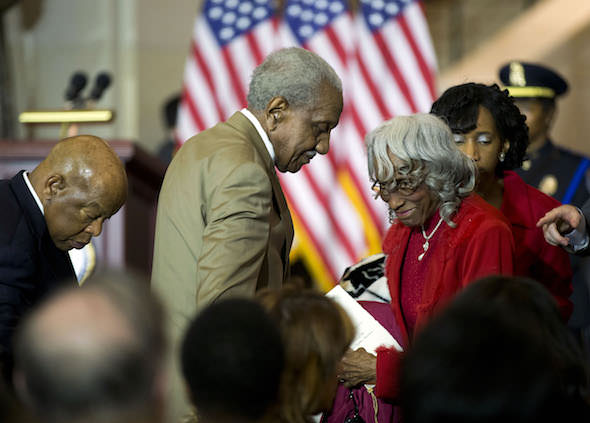
From left, Rep. John Lewis, the Rev. Frederick Douglas Reese and his wife, Alline, arrive at Emancipation Hall in Washington, D.C., for the ceremony to honor the leaders of the 1965 voting rights marches. (Manuel Balce Ceneta / AP)
Civil rights leaders from the 1960s were awarded the Congressional Gold Medal on Wednesday by some of the same congressional leaders who failed to pass a renewed Voting Rights Act after the Supreme Court in 2013 struck down crucial provisions in the 1965 legislation.
The honor was accepted by the Rev. Frederick D. Reese, one of the organizers of the historic Alabama march from Selma to Montgomery.
“I am certainly honored to be able to stand here and look into such beautiful faces and recall how good God has been, because he is a good God,” said Reese, when he took the podium. “He brought us from nowhere to somewhere, allowed us to receive the great blessing that this great nation has to offer, and to stand here today to say, ‘Thank you!’ ”
But not everyone was jubilant. At a press conference before the ceremony, speakers called for the restoration of the Voting Rights Act.
The Guardian reports:
“The Congress that wants to honor us won’t get its act together to restore what we’ve lost, what we worked so hard for,” said Reverend CT Vivian, who also marched in 1965, in a statement released by the Leadership Conference on Civil and Human Rights.
“We won’t allow our legacy to be neutered and relegated to the museums. A medal will not mollify us. The way to truly honor our sacrifice is to fully restore the Voting Rights Act.”
In March 1965, some of the civil rights movement’s most famed leaders, such as Dr Martin Luther King Jr, gathered hundreds in Selma in hopes of securing equal voting rights for all. At the time, widespread poll taxes and literacy tests pushed many black voters out of the electorate.
As marchers crossed the Edmund Pettus bridge, they were attacked by Alabama state troopers, beaten and sprayed with teargas. Four protesters were eventually killed. Many credit the protest, and the actions of officers, with helping pass the Voting Rights Act of 1965.
But a key provision of that law, which some considered the most important civil rights legislation of the century, was struck down in 2013 by the US supreme court. Congress’s efforts to pass a renewed Voting Rights Act have all but hit a brick wall since, stalling in committee this year in the Republican-led House.
Continue reading here.
—Posted by Alexander Reed Kelly.
Independent journalism is under threat and overshadowed by heavily funded mainstream media.
You can help level the playing field. Become a member.
Your tax-deductible contribution keeps us digging beneath the headlines to give you thought-provoking, investigative reporting and analysis that unearths what's really happening- without compromise.
Give today to support our courageous, independent journalists.
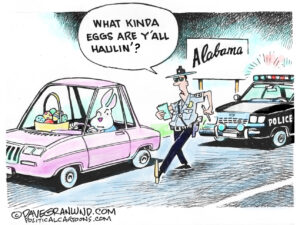
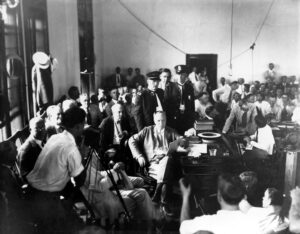

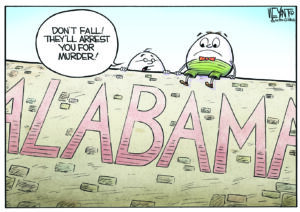
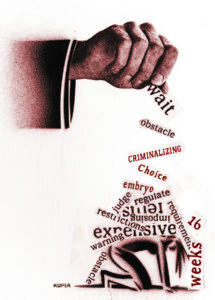
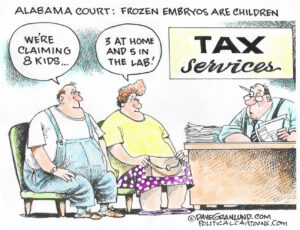
You need to be a supporter to comment.
There are currently no responses to this article.
Be the first to respond.